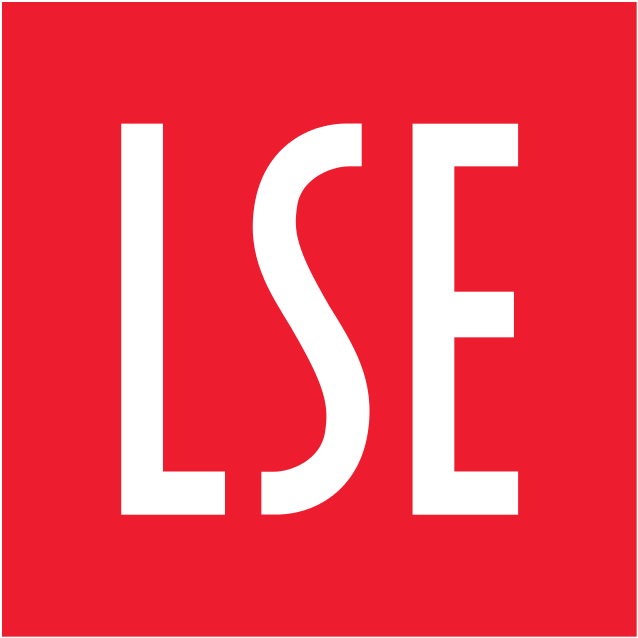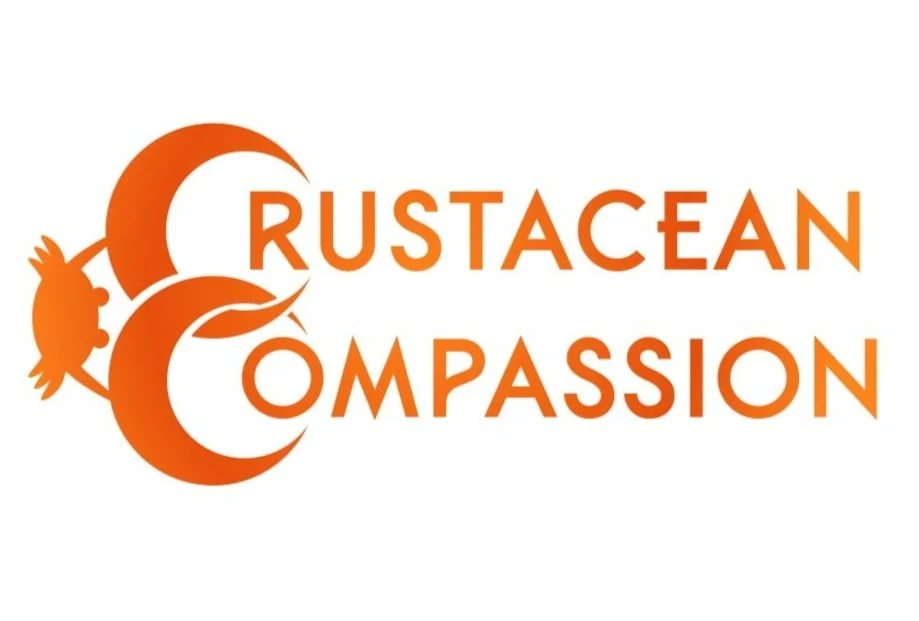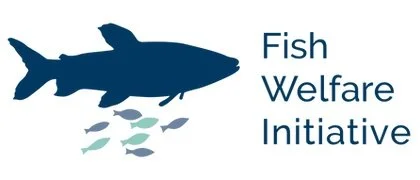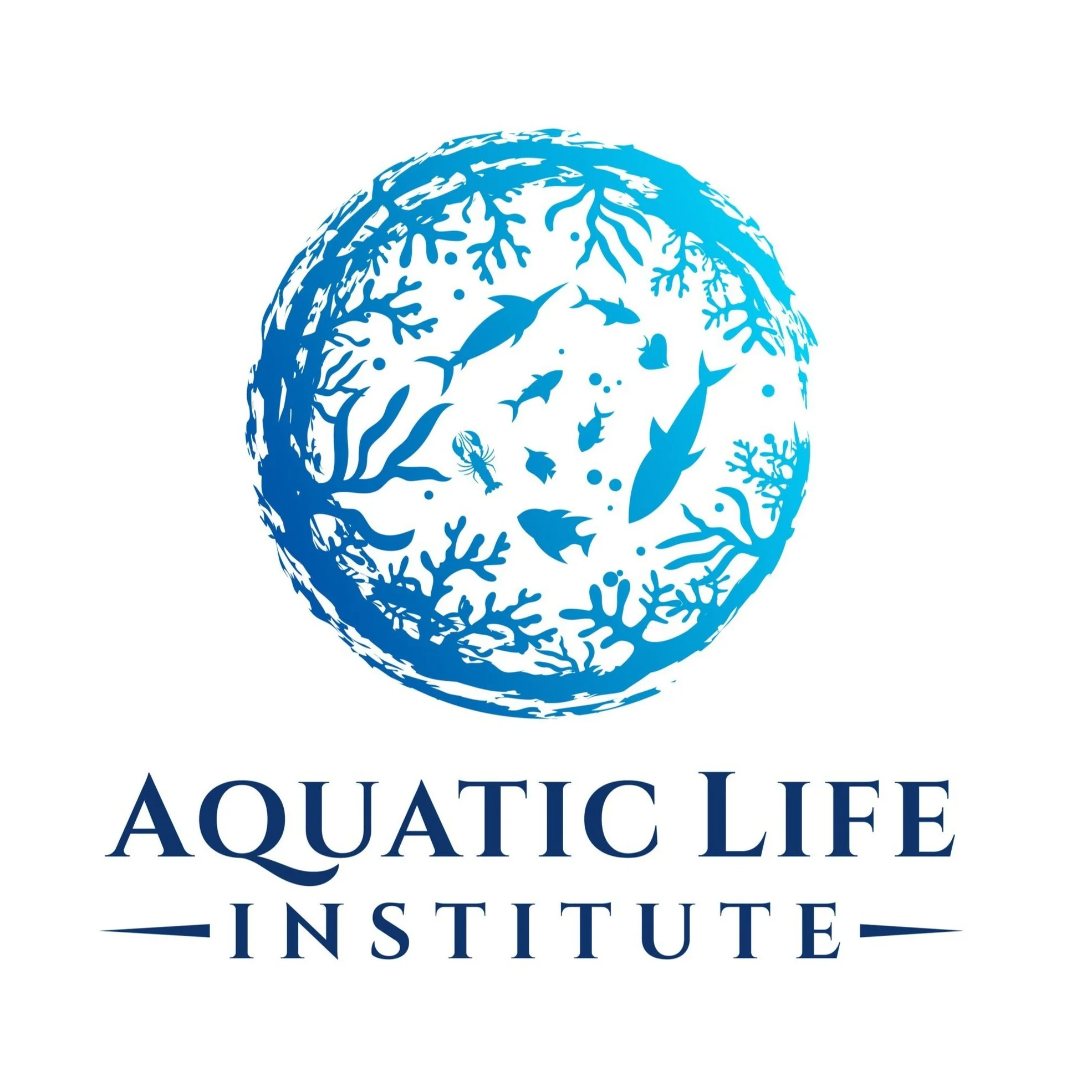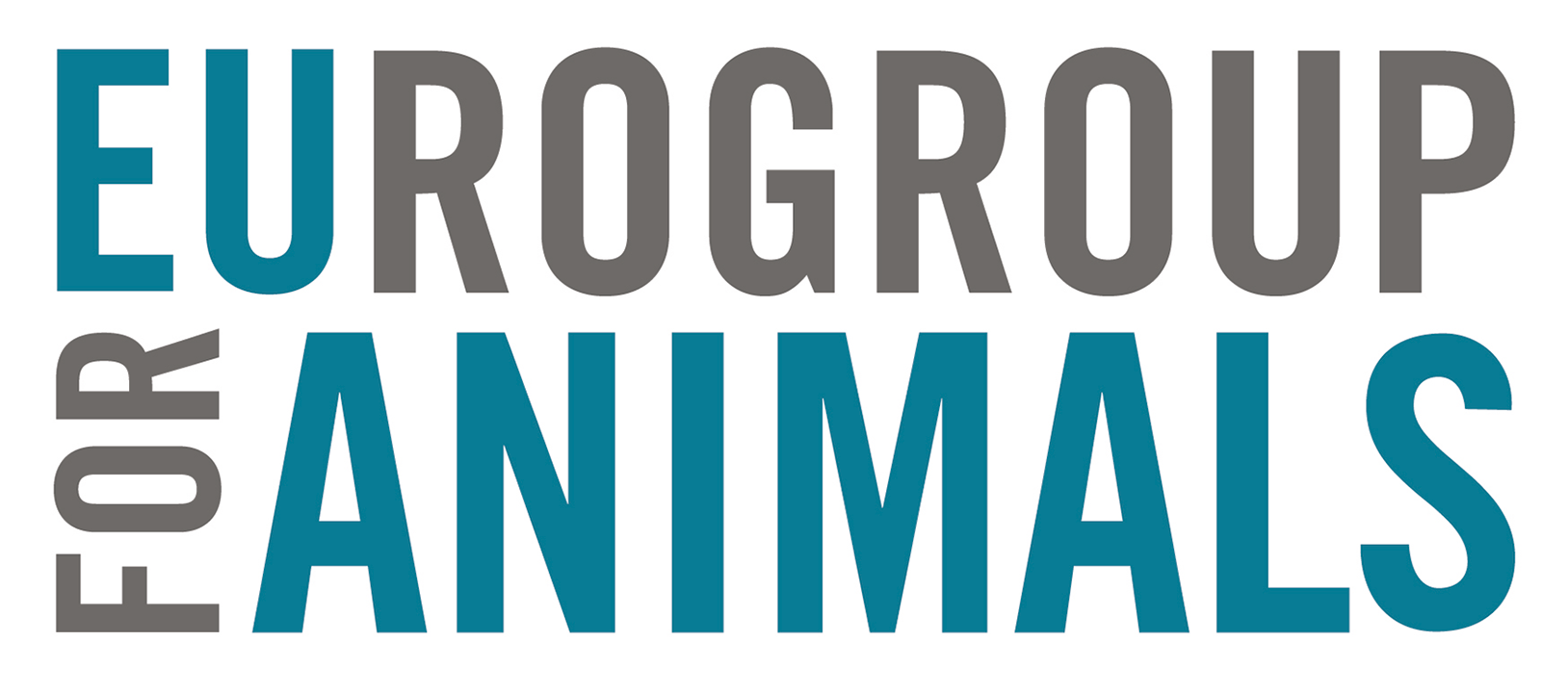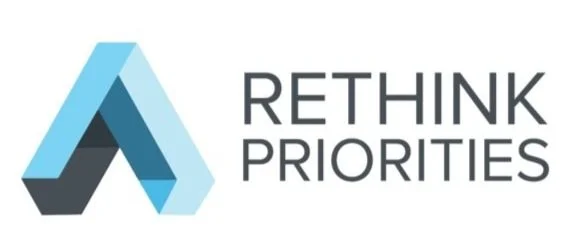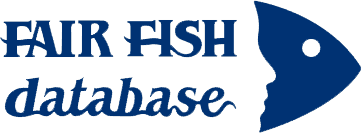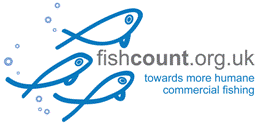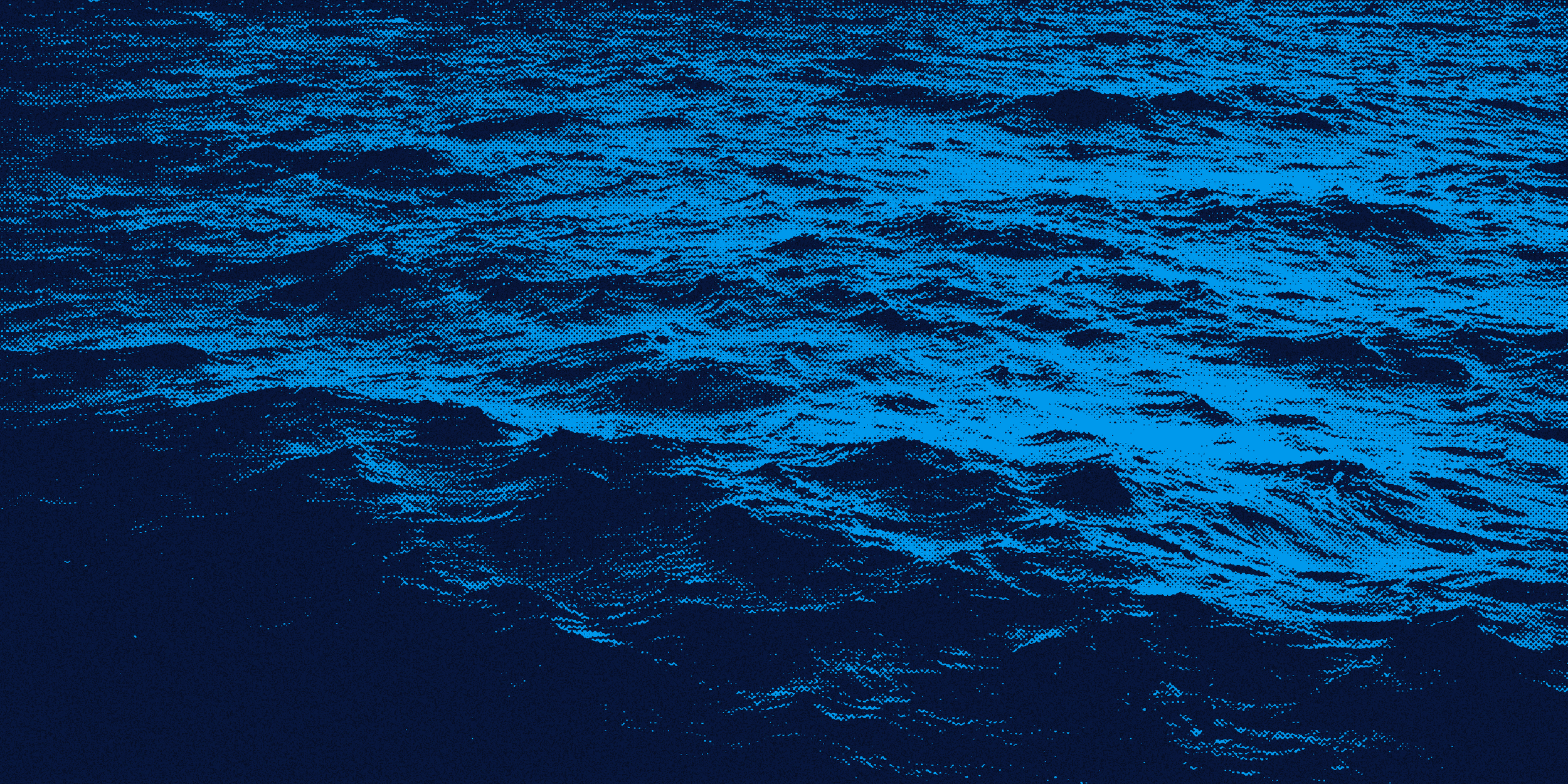
Additional Resources
Report • Review of the Evidence of Sentience in Cephalopod Molluscs and Decapod Crustaceans
An independent report by the London School of Economics (commissioned by the UK Government's Department for Environment, Food and Rural Affairs) which recognises shrimps as sentient.
Webinar • Shrimp Farming: Vast in Scale, Diverse in Welfare Challenges
A webinar from Rethink Priorities that presents their ongoing work on shrimp welfare.
Academic Paper • Welfare in Farmed Decapod Crustaceans, With Particular Reference to Penaeus vannamei
An academic study reviewing the available literature on "farming practices and the challenges associated with the production of P. vannamei from an animal-centric welfare perspective"
Report • Benefits of Aquatic Animal Welfare for Sustainability
Primarily addressed to public policy and other relevant stakeholders in the sustainability sector. The report demonstrates that animal welfare considerations are inextricably linked to ethical, environmental and social issues, and therefore should be an integral component of sustainable development policies.
Report • Why Decapod Crustaceans Deserve Legal Animal Welfare Protection
A report from Crustacean Compassion which lays out the legal, ethical and public interest case for the protection of decapods. Explains the science, shows the protection of decapods is commercially and legally feasible, and demonstrates the wealth of public and scientific support.
Article • America’s Farmed Shrimp Habit Is Fueling Antibiotic Resistance - Sentient Media
An article published by Sentient Media on the subject of shrimp farming and antibiotics.
Report • Shrimp production: Understanding the scope of the problem
A report from Rethink Priorities which provides an estimate of the number of shrimps farmed and killed each year.
Article • Understanding Shrimp
An article by Viva! which details the natural lives of shrimp in the wild, in addition to giving an overview of current farming practices.
Series of Article • The Moral Weight Project Sequence - Rethink Priorities
This sequence collects Rethink Priorities' work on cause prioritisation across species. To learn more about shrimps, we particularly recommend the Welfare Range Table and Welfare Range Estimates.
Academic Article • Invertebrate sentience and sustainable seafood
An article published in Nature Food calling for upholding animal welfare in the seafood industry - with a particular urgency for shrimp research.
Article • Farmed Shrimp
The World Wildlife Fund's (WWF) article on responsible shrimp farming.
Series of Article • Invertebrate Sentience
A series of articles published by Rethink Priorities on the subject of Invertebrate Sentience.
Photos and videos • We Animals Media
We Animals Media is a photo and video journalism organisation. If you are interested in seeing high-quality photos or videos of the shrimp industry, search for "shrimp" on their website.
Organisations
Crustacean Compassion is an award-winning animal welfare organisation dedicated to the humane treatment of decapod crustaceans - Campaigning for the humane treatment of crabs, lobsters and other decapod crustaceans in the UK.
FWI collaborates with corporations, governments, and producers to improve fish welfare standards and practices. FWI aims to reduce the suffering of billions of fish through researching and executing targeted, highly-scalable welfare interventions.
Operating from effective altruism principles, ALI seeks to support and accelerate activities that positively impact aquatic life, focusing on the highest-impact welfare interventions for all aquatic animals on a global scale.
As the pan-European advocacy organisation for animals, Eurogroup for Animals challenges decision-makers to bring about positive change, and deliver coordinated advocacy and campaigns at EU level.
Rethink Priorities is a research organisation that conducts critical research to inform policymakers and major foundations about how to best help people and nonhuman animals in both the present and the long-term future.
Designed to collect, systematise and make available (open access) all ethological knowledge to be found on fish in the wild and in captivity, with a focus on farmed species in order to help improve fish welfare in aquaculture and avoid practices that harm fish.
Fish Count aims to increase understanding of fish sentience, raise awareness and promote solutions to the suffering of fishes in commercial fishing. It also aims to increase awareness of the welfare issues in fish farming.

